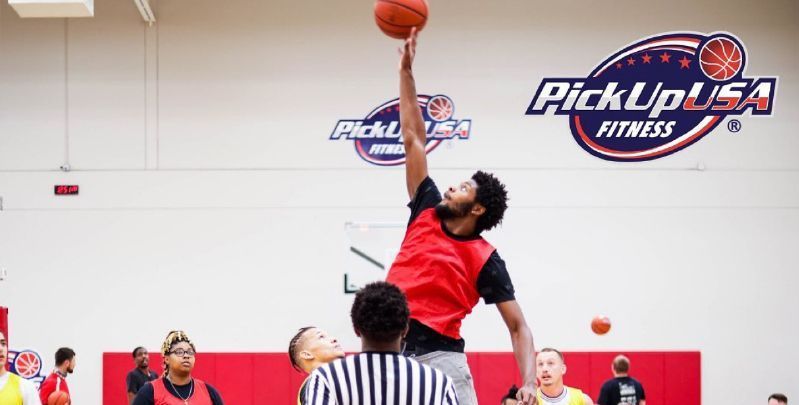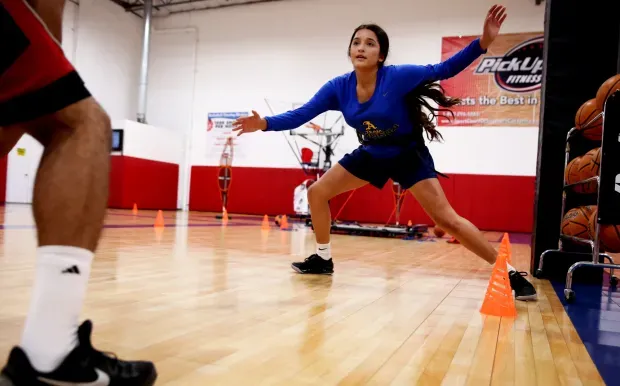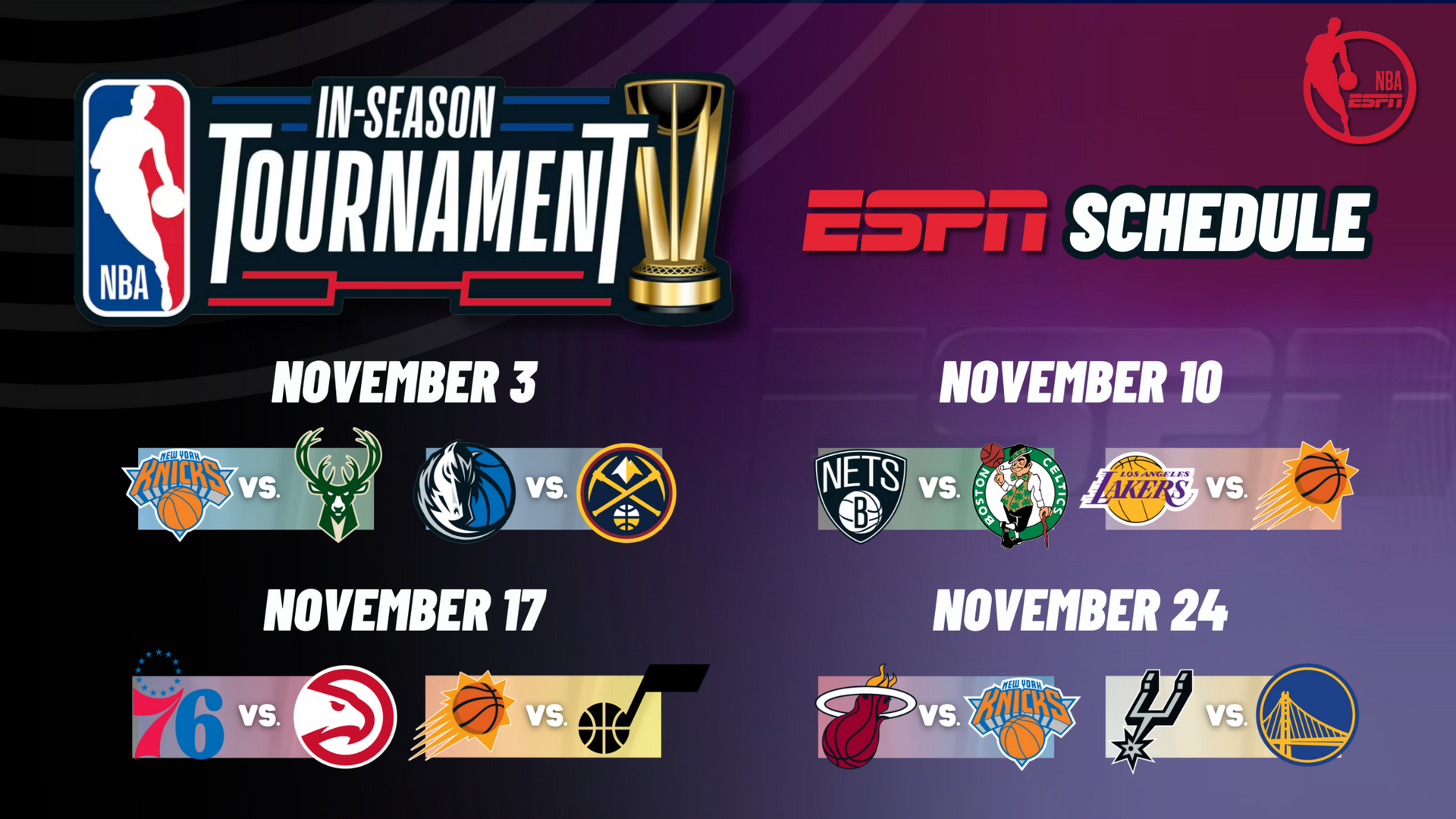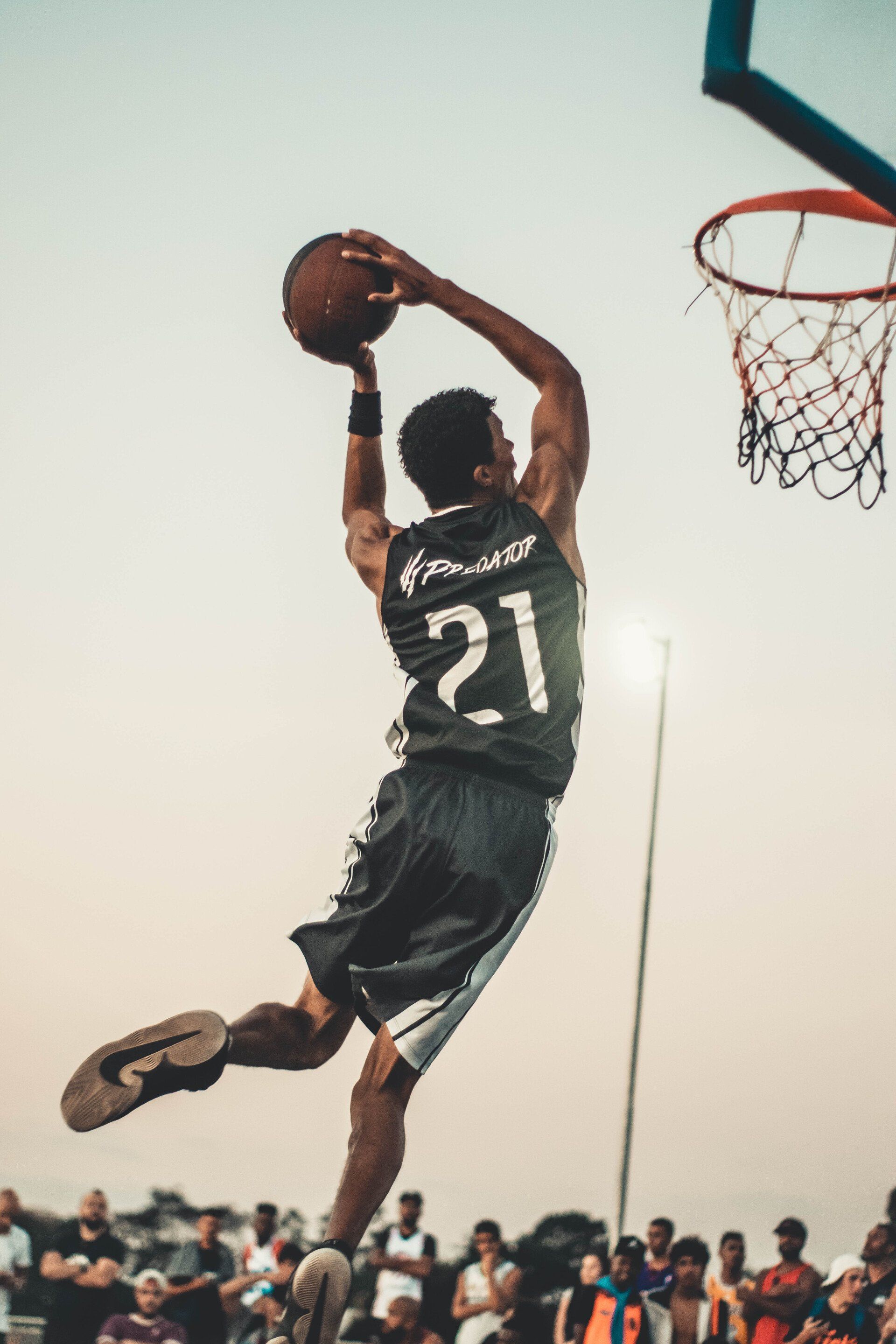By Nina Nielsen
•
November 9, 2023
In recent years, the world of sports has witnessed a troubling trend that casts a dark shadow on the well-being of athletes. It involves sports betting, a practice that has become increasingly prevalent, both legally and illegally. As we delve into this issue, we must recognize the profound impact it can have on the mental health of players who are at the center of the action. The Rising Tide of Illegal Sports Betting Illegal sports betting has become a pressing concern in the sports industry, affecting not only the players but the integrity of the game itself. Players, tempted by the allure of quick money and influenced by the ever-growing betting landscape, have been getting caught in this web. The consequences are often significant, with suspensions and damage to their careers. As an alarming example, we recently witnessed the suspensions of Isaiah Rodgers and Rashod Berry of the Indianapolis Colts , as well as free agent Demetrius Taylor , who were all suspended indefinitely, through at least the 2023 season, for betting on NFL games last season. The integrity of the game is of the utmost importance, as emphasized by the Colts' general manager, Chris Ballard . Additionally, Tennessee Titans offensive tackle Nicholas Petit-Frere was suspended for six games for betting on other sports while at the workplace. These suspensions, announced by the NFL, underscore the gravity of this issue. Betting, Entertainment, and Player Well-Being As average individuals, many of us engage in sports betting for entertainment, a chance to immerse ourselves in the thrill of the game while hoping to make some extra money. However, this seemingly harmless activity often takes a darker turn, where the pursuit of personal gain overshadows the welfare of players on the field. This shift in priorities can be starkly illustrated by the way some fans react when their bets don't pan out as expected. Instead of empathizing with the athletes, who put their bodies and minds on the line to entertain and compete, these fans may resort to disrespect, hostility, and negativity. This not only impacts the players' mental health but also erodes the spirit of sportsmanship and fair play. The Unseen Consequences The mental health of athletes is an area that demands our attention and care. The pressures of professional sports are already immense, with athletes facing constant scrutiny, performance expectations, and physical demands. The intrusion of negative comments, trolling, and harassment from disgruntled bettors can exacerbate the stress and anxiety these players experience. Moreover, the Bone Collector Foundation highlights that athletes are not only affected by external pressures but can also be drawn into the world of illegal betting themselves, as demonstrated by the cases of the mentioned NFL players. The Risk of Corruption in Sports Betting A crucial question has loomed since the U.S. Supreme Court's 2018 ruling, allowing states to legalize sports betting: Will a higher volume of wagering, done openly under regulation, increase or reduce the risk of corrupt activities such as game-fixing? There are arguments on both sides of this debate: More Temptation and Opportunities : With more money being wagered than ever before, there will naturally be more temptation and avenues for athletes or those bribing them to profit from influencing the outcome of contests. Increased Vigilance : On the other hand, the legal gaming industry will be hyper-vigilant because it has more to lose from corrupt activity than anyone. More eyes are monitoring wagers and their possible link to on-field performance. Notorious Sports Betting Scandals The intersection of sports and gambling has led to notorious scandals that continue to stain the world of athletics. These instances of corruption and unethical behavior serve as stark reminders of the potential consequences of mingling sports and betting. The Curse of the Black Sox The Black Sox scandal of 1919 remains one of the most infamous examples, as it involved members of the Chicago White Sox conspiring to throw the World Series. This incident not only tainted baseball but also forever altered the legacy of star outfielder "Shoeless" Joe Jackson , who was banned from the Baseball Hall of Fame despite his outstanding career batting average. Charlie Hustle’s Baseball Bets Pete Rose , baseball's all-time hits leader, faced a significant fall from grace due to his gambling-related activities, including betting on his own team, the Cincinnati Reds. Despite his successful career as a player, Rose's gambling problem ultimately led to his indefinite ban from baseball. NCAA Hoops Scandal Casts a Wide Net The City College of New York basketball scandal in 1950 remains the biggest scandal in college basketball history, involving organized crime payments to players to shave points. This event not only tarnished CCNY's basketball program but also impacted several other schools and programs. Foul Called on NBA Ref NBA referee Tim Donaghy 's career came to an end in 2007 due to gambling-related payments that may or may not have affected game outcomes. He was involved in a scheme with bookmakers who placed bets on games he officiated, raising concerns about the integrity of the games. Costly Boston College Point-Shaving Boston College basketball player Rick Kuhn and his accomplices engaged in a scheme to shave points in college basketball games. This scheme not only resulted in legal consequences but also cast a dark shadow over college sports. The Northwestern Double Whammy Northwestern University experienced a unique case in the 1990s when both the basketball and football teams had players involved in point-shaving and betting on their own teams. This case highlights the diversity of gambling-related problems that can affect athletes. ASU Point-Shaving That Went Amiss A point-shaving scheme involving star senior guard Stevin Smith brought attention to Arizona State University 's basketball program in 1993-94. This scheme backfired as heavy bets against ASU resulted in significant losses for illicit gamblers. Another Two-Sport Scandal: University of Toledo The University of Toledo faced a scandal in 2005-06 when players from both the basketball and football programs were willing to collaborate with gamblers to manipulate their respective games. This served as a stark reminder that such activities aren't confined to the professional ranks, and the lure of money can be strong for young, aspiring athletes. A Call for Greater Protections As sports betting continues to grow in popularity and accessibility, there is a pressing need for increased safeguards. This involves implementing measures to protect both athletes and the integrity of sports competitions: Education and Awareness : Athletes at all levels should receive comprehensive education on the risks and consequences of sports betting, including strict prohibitions on their involvement. Mental Health Support : Sports organizations must prioritize the mental health of their athletes, providing resources and counseling services to help them cope with the increasing pressures they face. Monitoring and Reporting : Sports leagues and governing bodies should establish rigorous monitoring and reporting mechanisms to identify and address suspicious betting activities promptly. Regulation and Transparency : Governments and regulatory bodies should work to create comprehensive and transparent regulations for the sports betting industry, aimed at minimizing the risks of corruption and ensuring fair play. Responsible Betting Practices : The general public should also be encouraged to practice responsible betting, keeping in mind the impact their actions can have on the athletes who provide the entertainment. The Way Forward While sports betting itself isn't inherently malevolent, its unchecked growth and the dark side it can entail are issues that demand our collective attention. The mental health of athletes, the integrity of sports competitions, and the reputation of the sports betting industry are all at stake. As we enjoy the thrill of the game and the excitement of betting, it's essential to remember that athletes are more than just pawns in this vast ecosystem. They are individuals who train relentlessly, withstand immense physical and psychological pressures, and deserve our respect and support. Moreover, organizations like our Bone Collector Foundation are taking steps to research the hidden sides of sports, including the impact of various external factors on athletes' well-being. Their mission extends to career preparation for those they work with, ensuring that athletes have the resources and guidance needed to navigate the complex landscape of professional sports. While specific solutions may still be in the developmental stage, the foundation's commitment to addressing these challenges marks a promising step forward. It falls upon us as a society to strike the right balance between the enjoyment of sports and the welfare of those who make them possible. In doing so, we can ensure that sports continue to inspire, unite, and entertain, without compromising the mental health and well-being of the athletes who captivate us with their exceptional talents and dedication.








